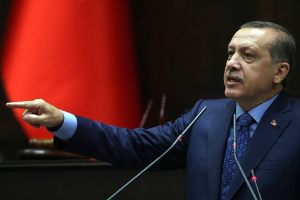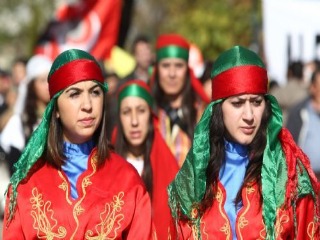Will Erdogan Always Prevail?
By Halil Karaveli (vol. 7, no. 10 of the Turkey Analyst)
The year after the Gezi Park protests has been the most difficult for Recep Tayyip Erdoğan since he became prime minister, but he has prevailed over his foes and challengers and he can confidently look forward to becoming Turkey’s first popularly elected president in the upcoming election in August. No one can challenge Erdoğan. However, that does not mean that Turkey is always going to bend to his will or that the country is going to be easy to govern even for an all-powerful President Erdoğan.

Unrest is Breeding among The Alevis
By Halil M. Karaveli (vol. 6, no. 16 of the Turkey Analyst)
Recent developments demonstrate that the historical quietude of the Alevi minority in Turkey now belongs to history, and make abundantly clear that the risk of radicalization cannot be ignored. As the Turkish government is not demonstrating any intention to meet the demands of the Alevis to be treated as equal citizens, enjoying the same rights as the Sunnis, the unrest that is breeding among the Alevis is likely to grow. That is especially so as the Alevis have increasingly come to see what is happening in Syria as being connected to their own situation, and are interpreting the Sunni, sectarian bent of Turkey’s regional policies as an expression of a Sunni determination to punish “heretics”.




